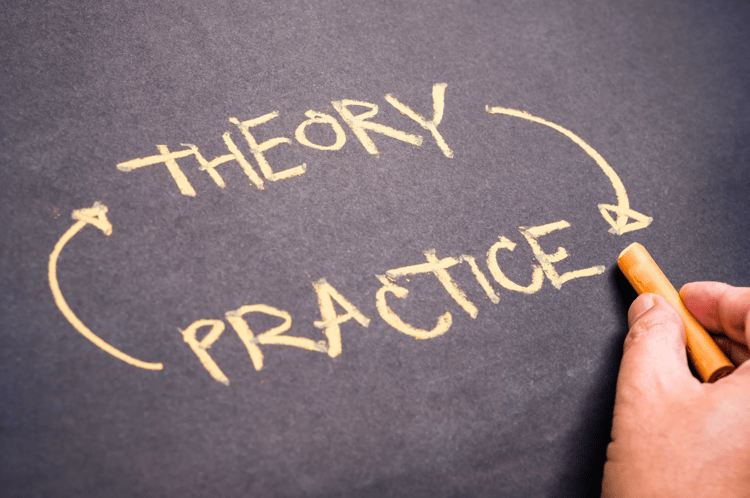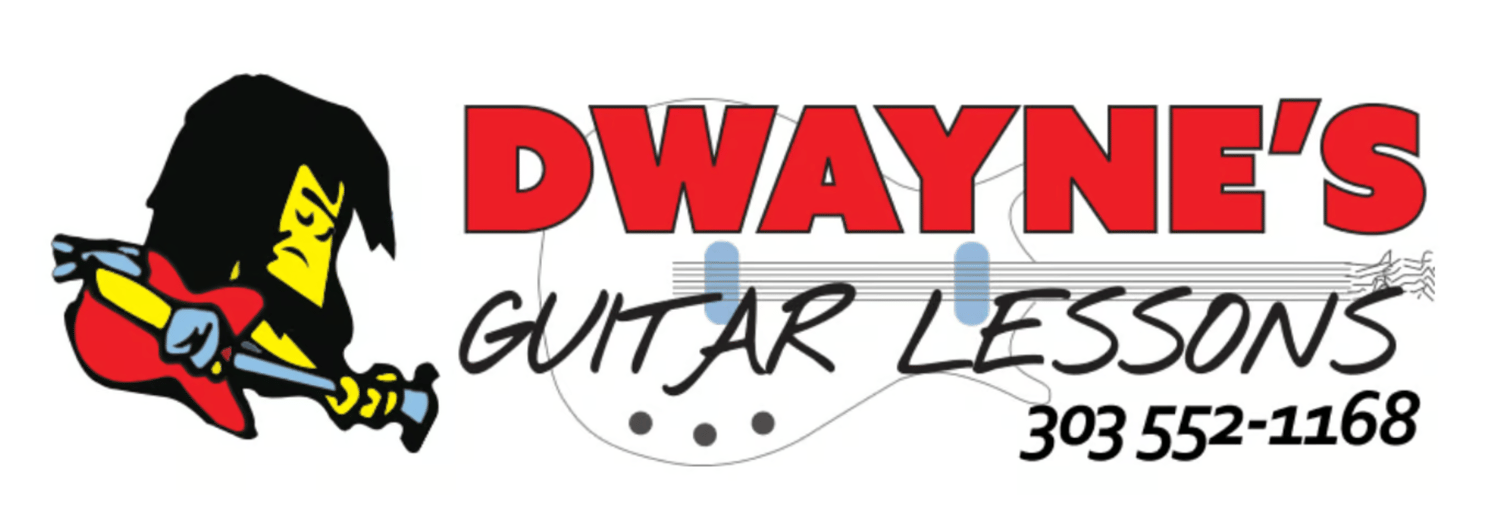In today's lesson, we will answer the age-old question, "Do you need to know music theory to play the guitar?" This topic often sparks debate among musicians, educators, and guitar enthusiasts. While some advocate for a theoretical foundation, others believe in the power of intuition and creativity. In this blog post, we'll explore both sides of the argument and help you decide what's best for your musical journey.

What is music theory?
It's the study of the practices and possibilities of music. It provides a structural framework that helps musicians understand the language of music. This includes scales, chords, progressions, rhythm, and harmony. For guitarists, music theory can be a valuable tool, offering a deeper understanding of the instrument and the music they play.
Here are some benefits of learning music theory

#1: Improved communication
Knowing music theory allows musicians to communicate more effectively with others. Whether you're in a band or collaborating with other instrumentalists, understanding theory helps you express ideas clearly.
#2: Enhanced creativity
With a solid grasp of theory, guitarists can explore new musical ideas, create original compositions, and experiment with different styles.
#3: Faster learning
Music theory can accelerate the learning process by providing a framework for understanding new pieces and techniques. This can be particularly beneficial when learning complex songs or improvising.
#4: Problem solving
Understanding theory can help guitarists troubleshoot issues, such as why certain chords don't sound right together or how to transition smoothly between sections of a song.
Playing Guitar Without Music Theory
On the other hand, many successful guitarists have achieved greatness without formal knowledge of music theory. Consider iconic musicians like Jimi Hendrix and Eric Clapton, who relied on their ears and intuition to create memorable music.
Advantages of Learning by Ear

#1: Intuitive playing
Playing by ear encourages guitarists to rely on their instincts and develop a personal style, often resulting in a more unique and authentic sound.
#2: Emphasis on feel
Without the constraints of theory, guitarists can focus solely on the emotional and creative aspects of music, leading to more expressive performances.
#3: Accessibility
Without requiring theoretical knowledge, guitar playing becomes more accessible to beginners who may be intimidated by the complexities of music theory.
#4: Adaptability
Guitarists who learn by ear often develop strong listening skills, enabling them to quickly pick up songs and adapt to various musical settings.
Finding your balance
Ultimately, whether you need to know music theory to play guitar depends on your personal goals and preferences. Here are a few tips to help you find the right balance:
Set guitar goals
Determine what you want to achieve with your guitar playing. If you're interested in composing, arranging, or teaching music, a solid understanding of theory may be beneficial. However, if you aim to play for enjoyment or perform in a band, you might prioritize developing your ear and instinct.
Learn gradually
If you're curious about music theory but don't want to dive in headfirst, start with the basics. Learn about scales, chords, and simple progressions. As you grow more comfortable, gradually expand your knowledge.
Mix and match
Consider combining both approaches. Use theory to understand the music you love, and let your ear guide your creativity. This balanced approach can lead to a richer, more rewarding musical experience.
Final thoughts
In conclusion, while music theory is a valuable tool for guitarists, it's not an absolute necessity. Whether you choose to embrace theory or rely on your ear, the key is to enjoy your musical journey. Find what works best for you, remain open to new ideas, and remember that there is no one-size-fits-all approach to learning the guitar. Embrace the joy of making music, and let your passion guide you forward.
One-on-one sessions are also available

If you feel that you could use some one-on-one help with these concepts, I do offer private instruction as well. These are taught in person or online. This approach to learning can be highly beneficial to many aspiring players, no matter age or skill level. The lessons are meticulously designed to cater to your unique needs and goals. Expert instruction offers tailored guidance and support, ensuring that each session is focused on maximizing your potential and accelerating your progress.
Whether you're looking to enhance specific skills, overcome challenges, or achieve new milestones, my individualized approach provides the flexibility and attention necessary for success. Experience the benefits of personalized education and unlock your full potential with one-on-one sessions today. Book your session now to start your journey toward personal and professional growth.
Thank you for your time, and let me know if you have any questions.
Until our next guitar lesson, take care.
Sincerely, Dwayne Jenkins.


